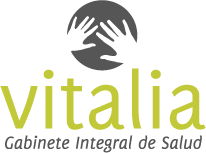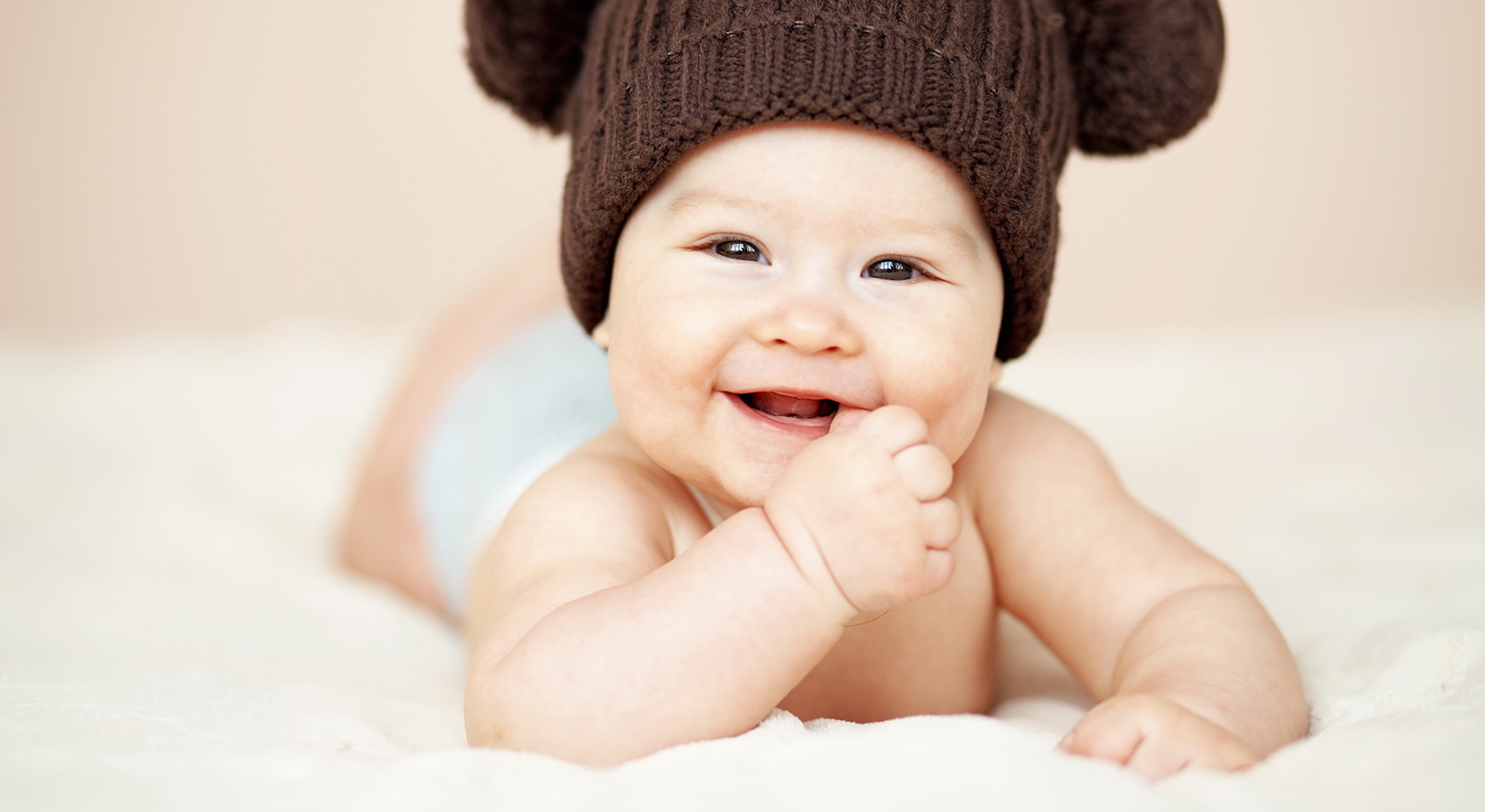We started 2016 with a new course in PEDIATRIC PHYSIOTHERAPY
In the course we conducted this January in Zaragoza, the neurodevelopment keys and their integration in the baby and the child were addressed.
The child’s motor development is one of the main pillars in his infant brain development. When the child has not made a complete motor development, we can find certain brain organization problems that may influence later in his adult life.
The way children move in their first months will allow us to see their age of development, which does not have to coincide with their chronological age. The age of development assures us the state or level of maturation of the Central Nervous System.
In this course we have seen the stages of motor development from the first weeks of the baby to the first 2 years of life.
• Primary reflexes and postural reflexes.
• The role of the vestibular system and tactile information in the neurodevelopment of the baby.
• Development of the ocular motor system.
• Reflections of oculomotor control: vestibulo-ocular, cervico-ocular and optokinetic reflex.
• Mechanical dysfunctions that can block the ideal neuro-sensorial-motor development.
We base the treatment of pediatric physiotherapy on:
• Exploration of the neurodevelopment of the baby.
– Attitude, posture, spontaneous movement and reflex responses
– Tonic evaluation
• Exploration of the child’s neurodevelopment
– Posture and balance
– Coordination
– Cerebellar function
– Vestibular function
– Primary and postural reflexes – Proprioceptive quality
– Oculomotricity
– Techniques of vestibular and tactile stimulation.
The objective of the course was based on:
– Understand how sensory and motor neuroprogramming is organized in the child.
– Know the relationship between development problems and specific learning problems.
– Acquire the basic competences for the evaluation of neurodevelopment in babies and children.
In the next month of February we will finish the training on the evaluation and treatment of neurodevelopment within pediatric physiotherapy. By increasing our tools we help families in the different problems that may arise in their children, from the first months to the most adult ages.


